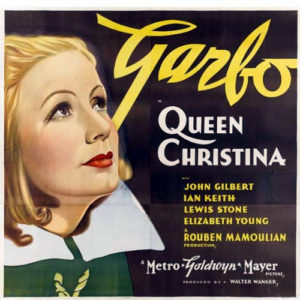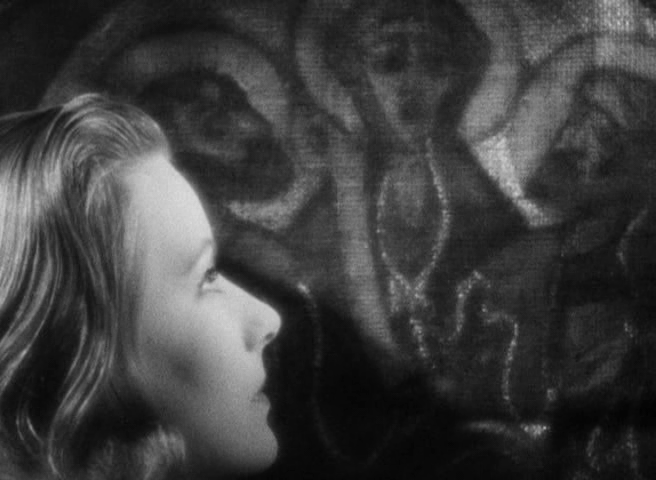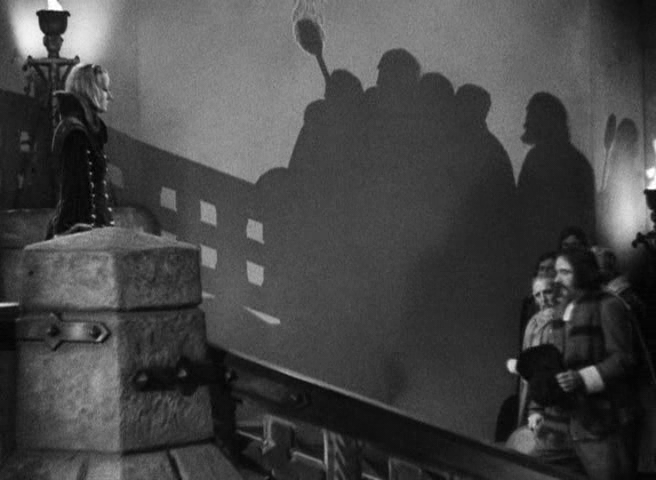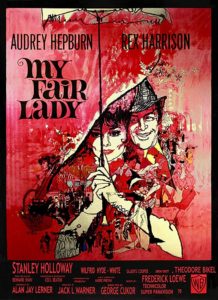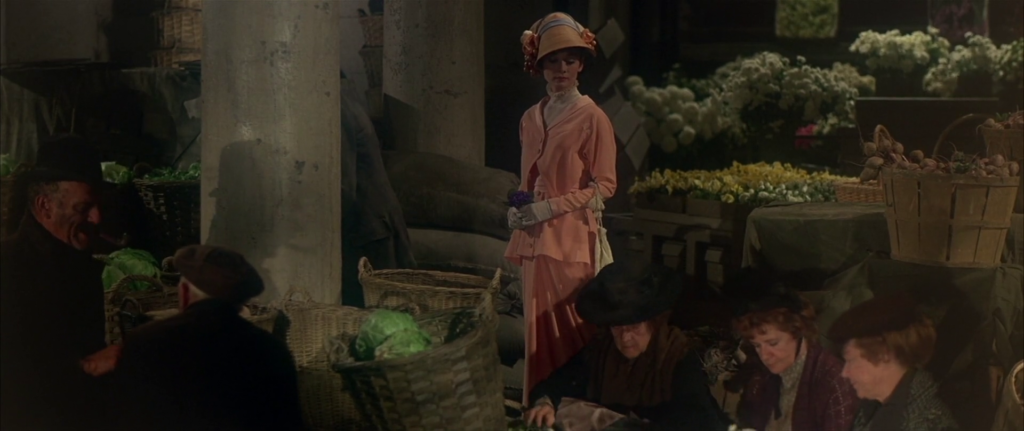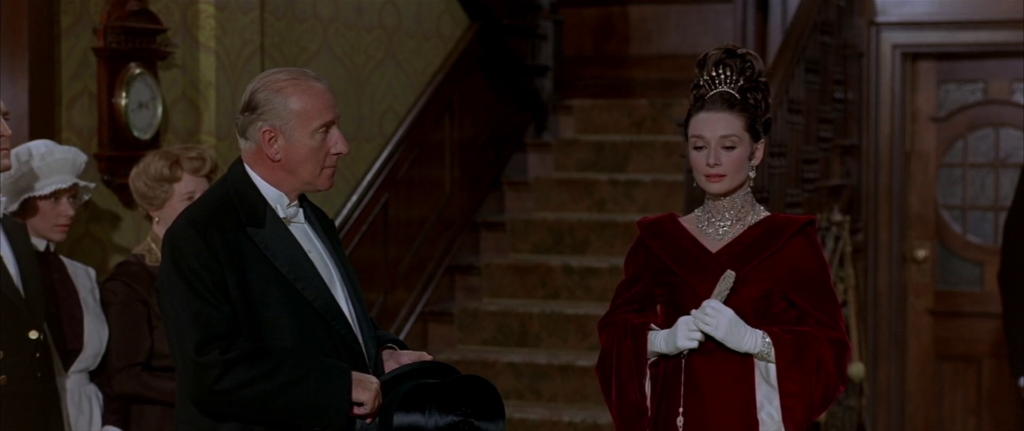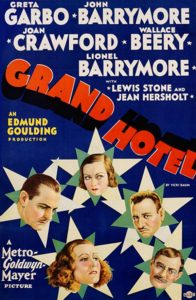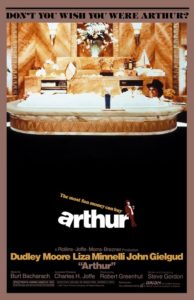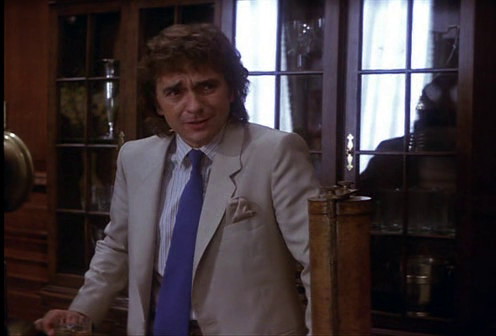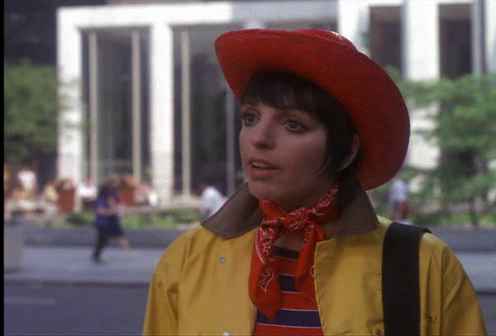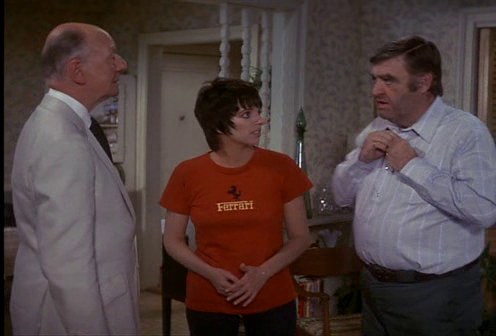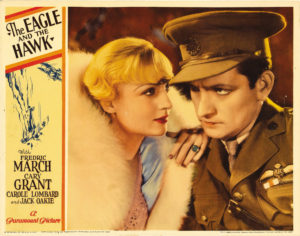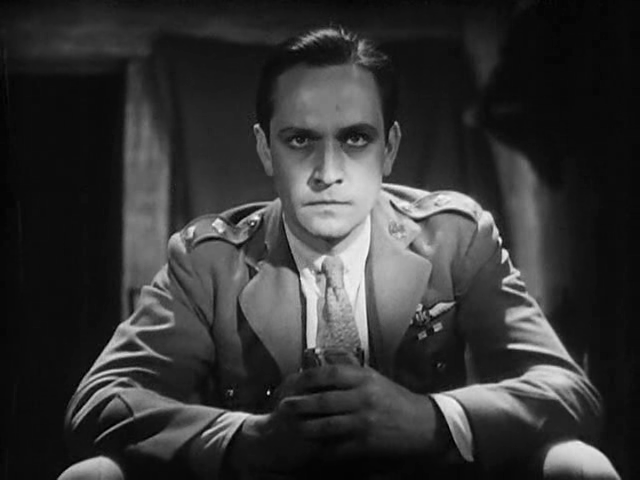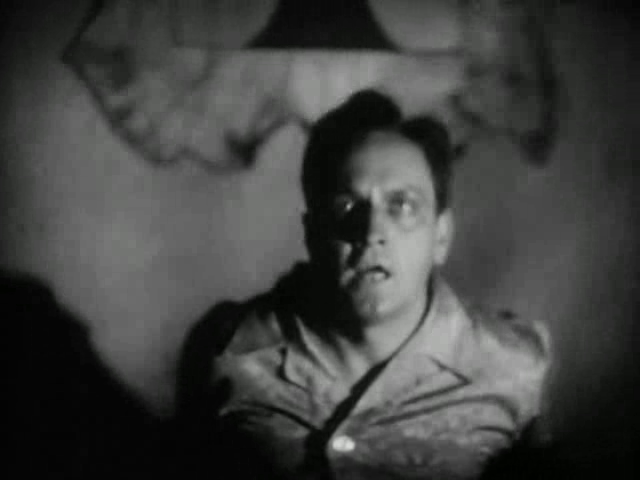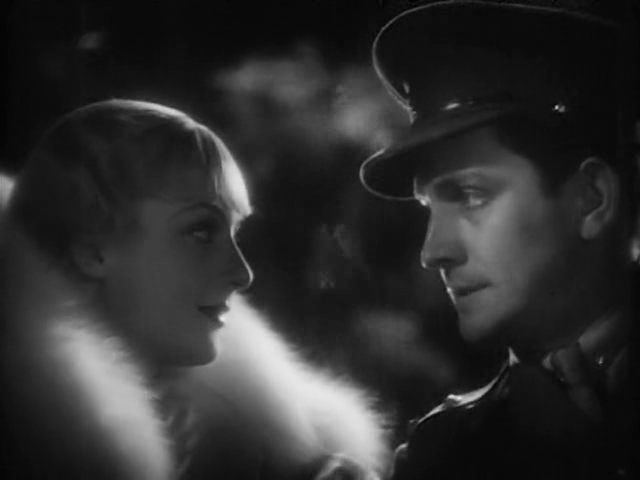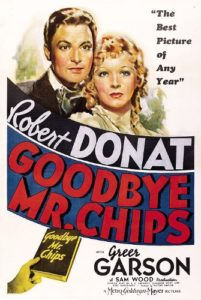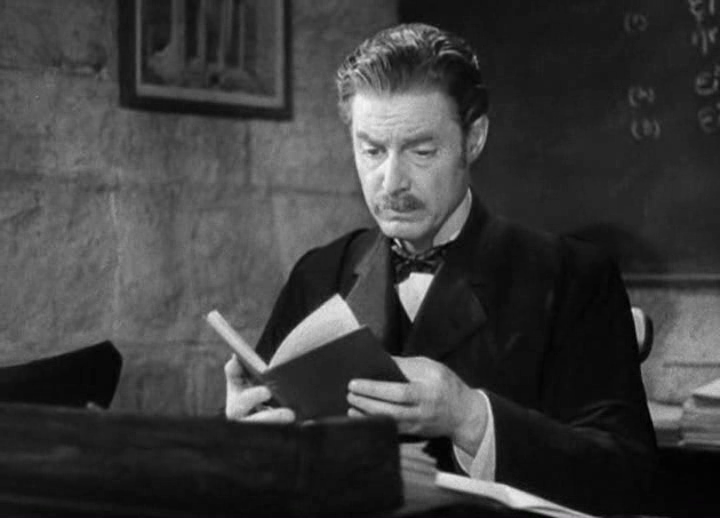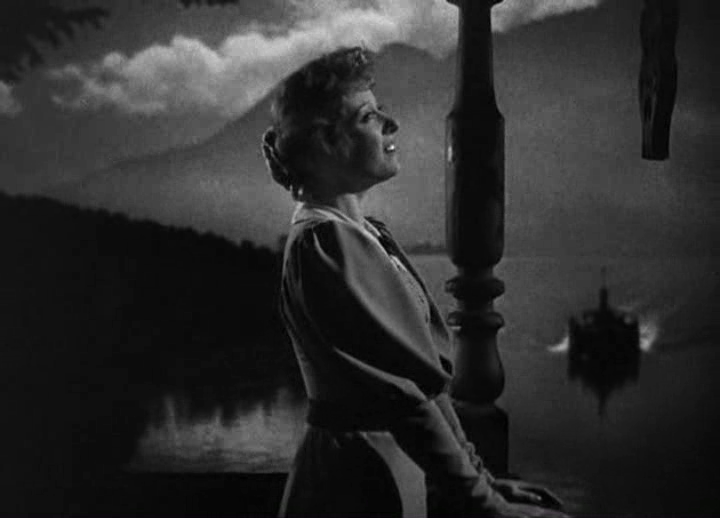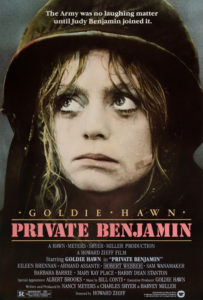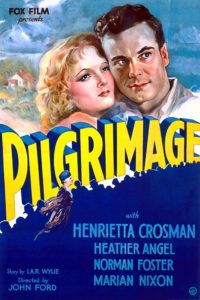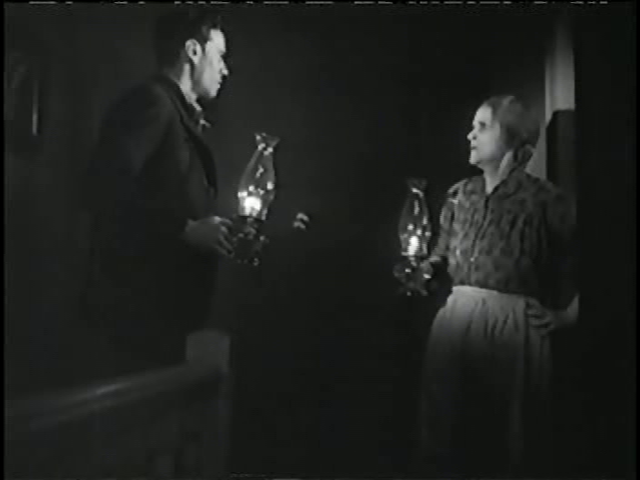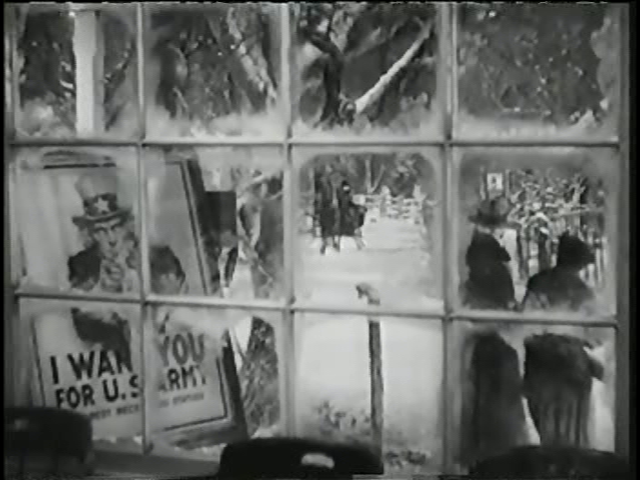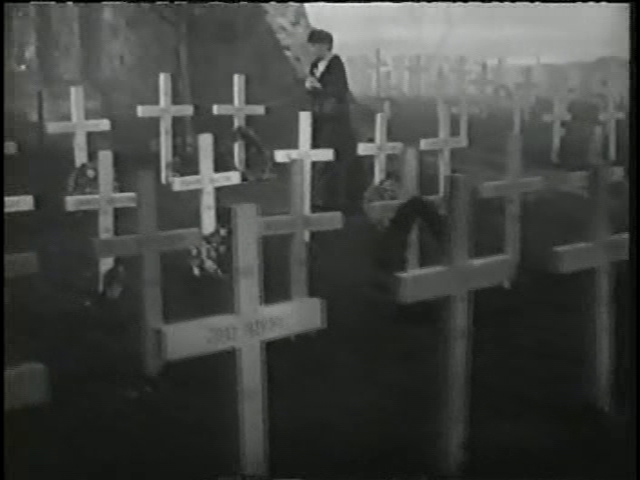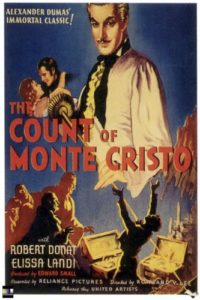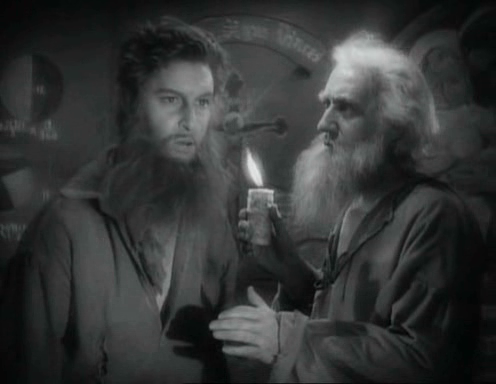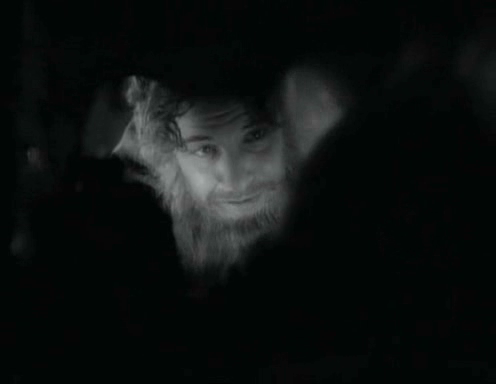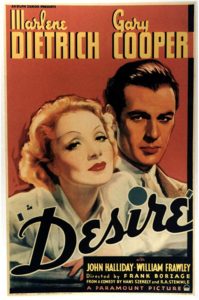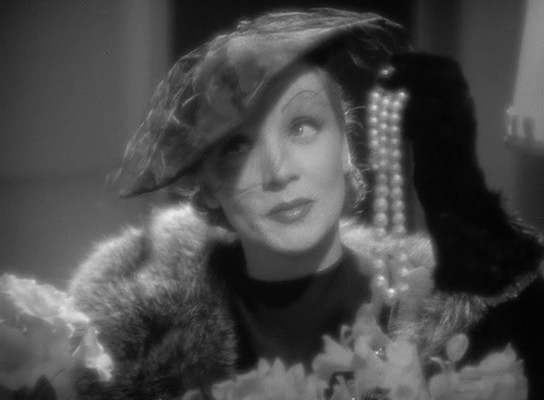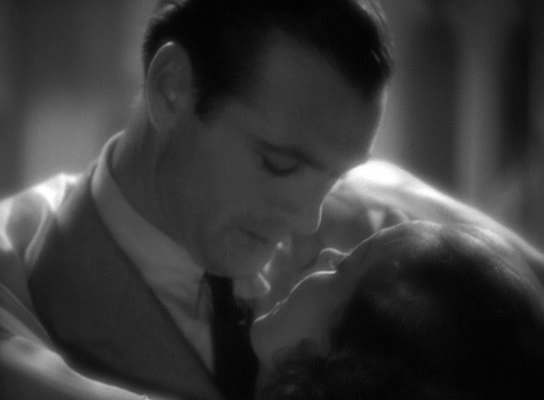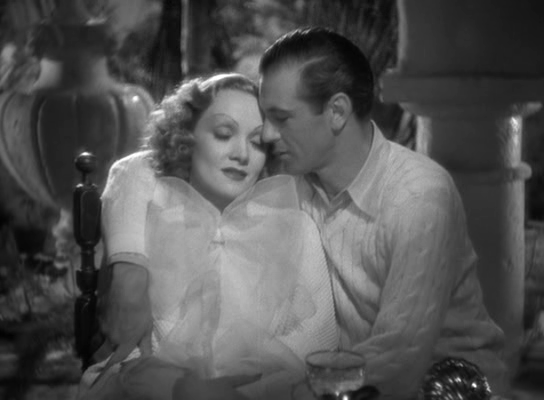|
Genres, Themes, Actors, and Directors:
- Character Arc
- Do-Gooders
- Edmund Goulding Films
- Ensemble Cast
- Greta Garbo Films
- Joan Crawford Films
- John Barrymore Films
- Lewis Stone Films
- Lionel Barrymore Films
- Play Adaptation
- Romance
- Thieves and Criminals
- Wallace Beery Films
Response to Peary’s Review:
Peary writes that this “M-G-M classic, a Best Picture winner” — which he argues should more accurately be referred to as “Heartbreak Hotel” — is “erratically acted by the male stars, but Garbo and especially Crawford, who was never more appealing, glow — as Hollywood stars once did.” Other than noting that “Crawford’s scene with Lionel Barrymore is bizarre” (?), he doesn’t have much to say about this flick in GFTFF — though he does discuss it in more detail in his Alternate Oscars, where he votes for Scarface (1932) as the best movie of the year instead. He notes that Grand Hotel is “pretty hokey stuff to be sure”, but adds that while “Lionel’s character grates on [his] nerves and Beery struggles with a German accent”, “just watching Garbo, Crawford, and John Barrymore interact on screen is quite exciting.”
Indeed, the storyline of a “thief who gives something to people [and thus] cannot survive” (“it’s John Barrymore who helps Garbo, Lionel Barrymore, and Crawford overcome their self-pitying depression”) is an intriguing one. It’s engaging watching the ripple effect of Barrymore’s sudden burst of love and compassion for Garbo carrying out across so many individuals: the moral of this story is a powerful one, and the ending is satisfying. I’m less a fan of top-billed Garbo’s melodramatic performance (“I want to be alone!”) than Crawford’s; indeed, this was one of Crawford’s best early roles, and the pre-Code script allows us no-holds-barred access to understanding the sexual compromises women sometimes make for their careers. It’s interesting to know that, according to TCM’s article, Crawford was “afraid she would be lost among the film’s high-powered stars and also worried that her character’s best scenes would be cut by the censors”; she needn’t have worried, as her charisma shines through.
Peary agrees, naming her Best Actress of the Year in Alternate Oscars for her role as Flaemmchen, “a poor, ambitious, free-lance stenographer who picks up needed money by sleeping with her employers”. He notes that while “Crawford was already a major star when she made Grand Hotel,” this “was the picture that proved she could hold her own with the movie elite and be taken seriously as a dramatic actress.” He adds that “as with her earlier characters, there is a softness under Flaemmchen’s tough, wise-to-the-ways-of-men-and-life exterior”, noting that while he likes “most of Crawford’s early film roles”, this “is her first performance that isn’t erratic. In her movements, her sexy hip-out stance, her line readings, and her expressions, Crawford had never been more natural [or] more honest” and “real feelings come through.” He concludes his essay by noting that “Crawford is extremely sexy, with youthful energy, huge eyes, and sensual backward glances, a posed slim and angular body” — but “there is something much more than sexual magnetism at work”: “what makes Crawford so memorable… is her star quality.”
Redeeming Qualities and Moments:
- Joan Crawford as Flaemmchen
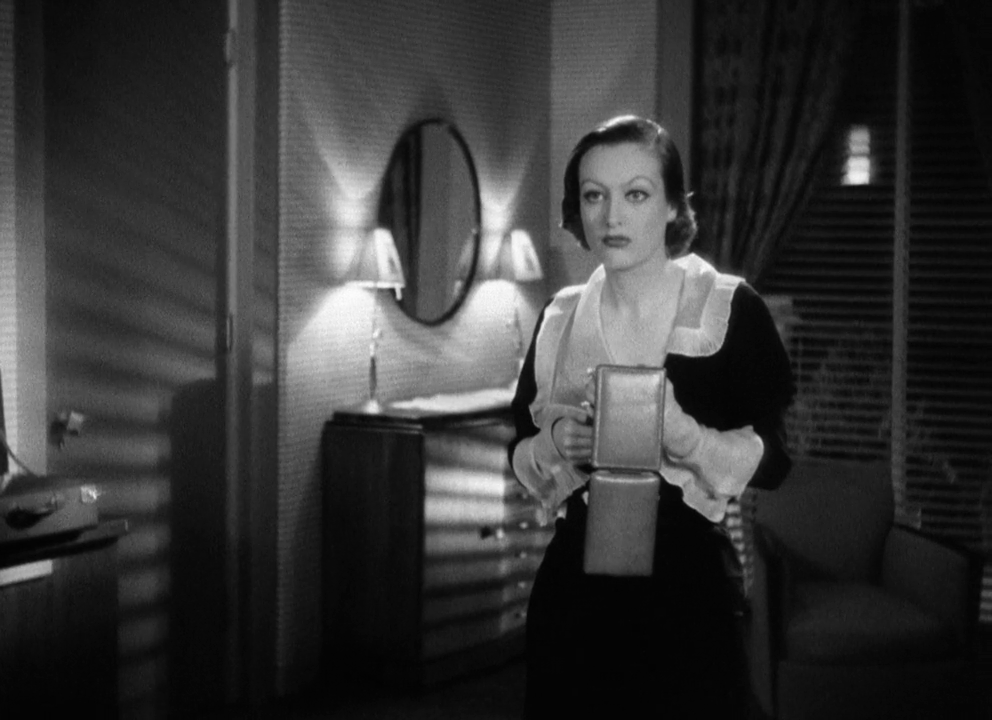
- John Barrymore as the Baron
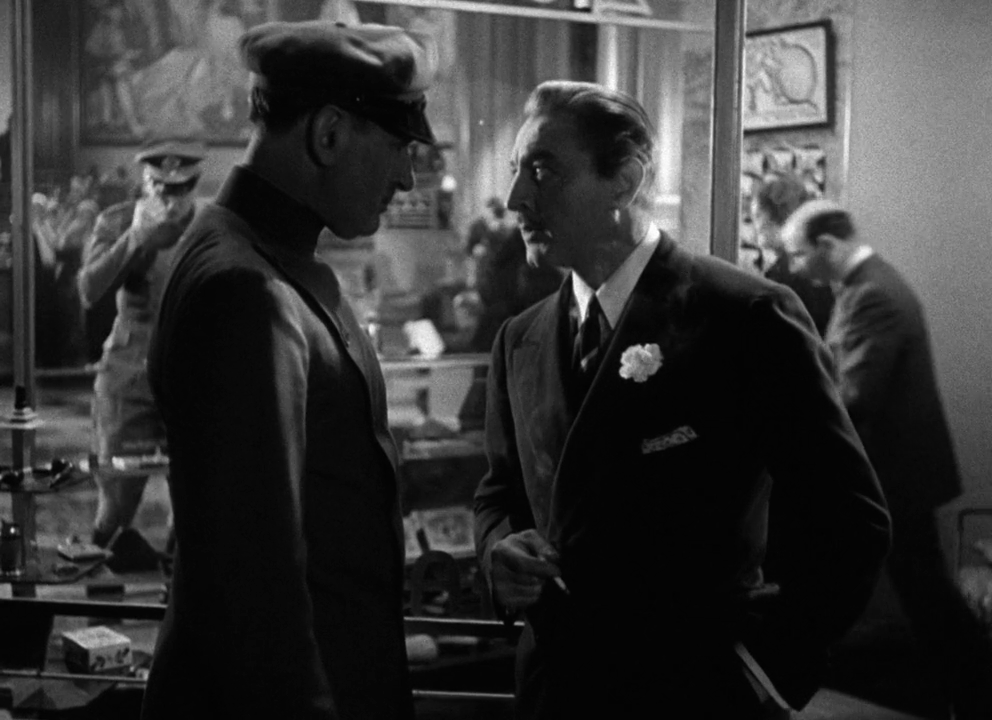
- Fine cinematography
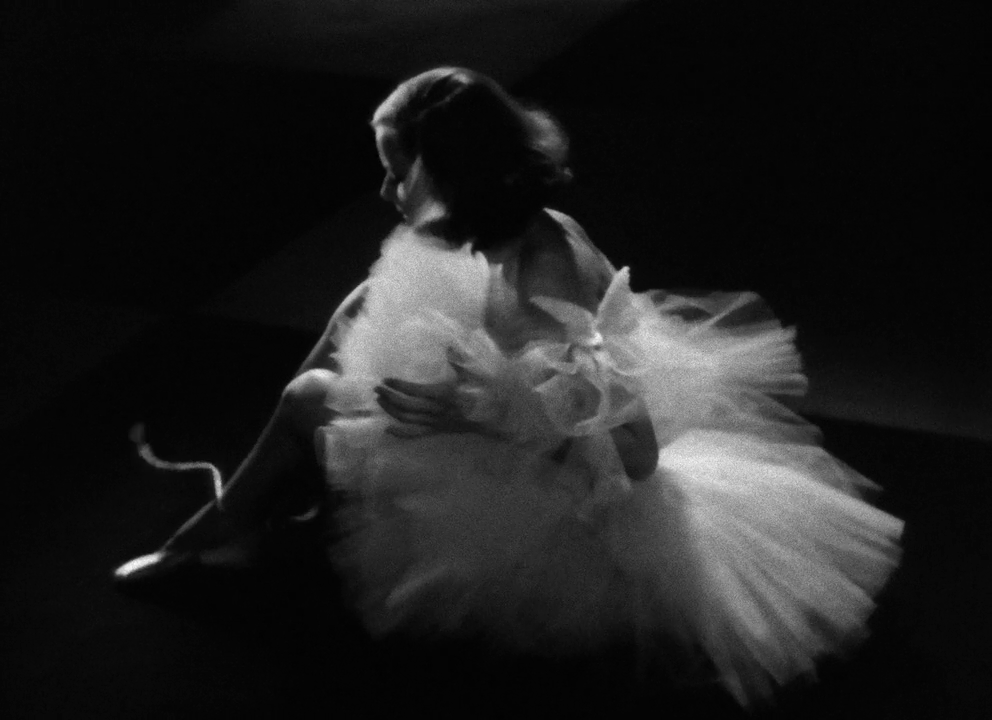
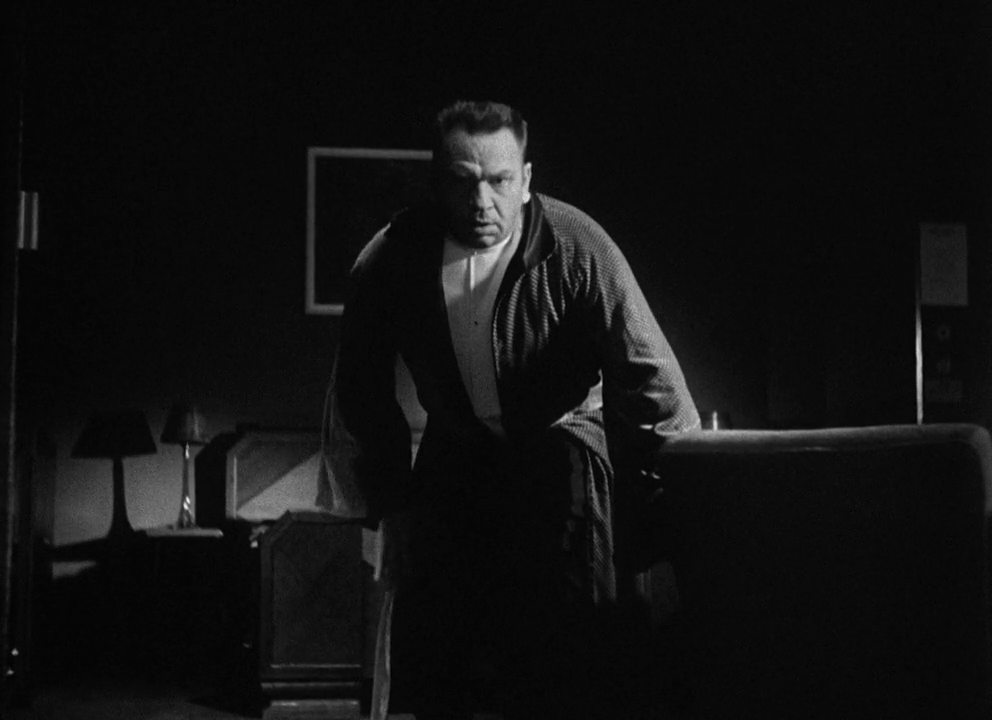
- Cedric Gibbons’ set design
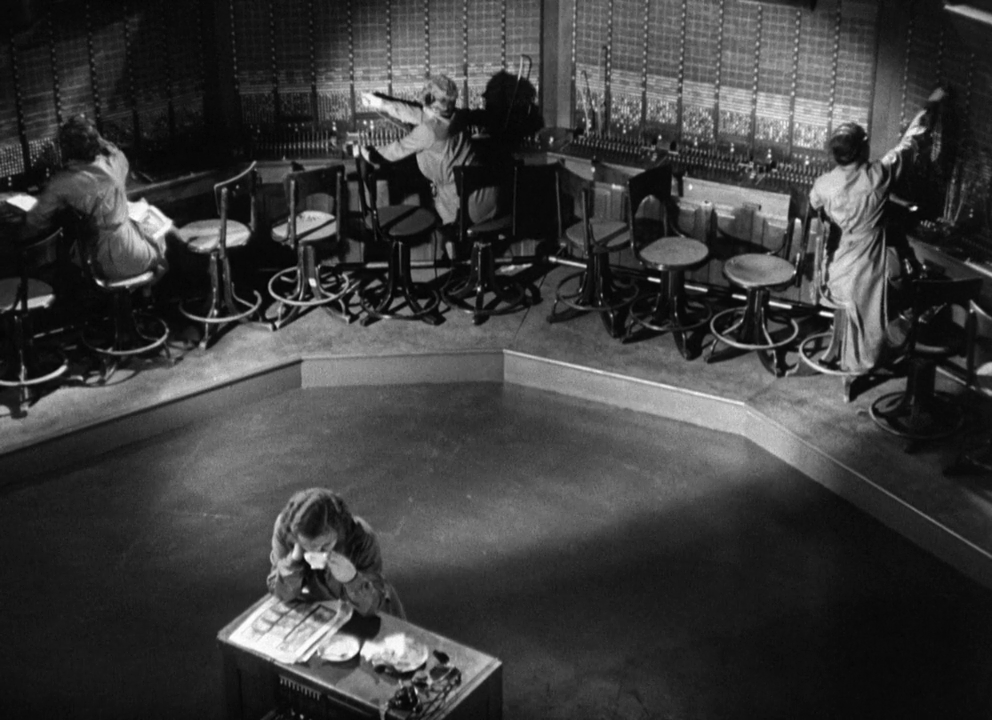
Must See?
Yes, as a still-enjoyable Pre-Code ensemble drama, and for Crawford’s noteworthy performance.
Categories
Links:
|
